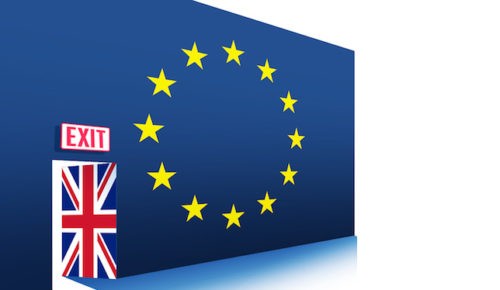By Ben Kerrigan-
The UK has offered a larger potential “divorce bill” to the EU worth an estimated 44bn
The offer, believed to have been communicated to Brussels after last week’s cabinet meeting is likely to end the deadlock between Britain and Brussels and push talks forward in relation to trade. EU chiefs have long insisted that until sufficient progress is made on the rights of EU citizens and the Irish border, talks cannot move unto the next stage. Both sides are in a race against time, with December set as the preferred deadline for progressive talks into the next phase.
UK Prime Minister, Theresa May, is expected to formally confirm the news next week, once an agreement is reached on the other outstanding issues of citizen rights and the contentious question of the border between Northern Ireland and the Republic.
Negotiators are working on how to present the settlement as a net estimate, with the UK side pressing for an implied figure of between €40bn and €45bn once UK receipts and other deductions are taken into account. “They have promised to cover it all, we don’t care what they say their estimate is,” said one senior EU diplomat. “We’re happy to help them present it.”
Intensive negotiations are continuing, with the aim of declaring “sufficient progress” next week on the financial settlement, citizen rights and Northern Ireland. Discussions are delicately poised and negotiators have warned that a hold-up on any one element of talks could scupper a December deal to open trade talks.
The proposed exit bill is not a final exit settlement one. Significantly the UK plans to avoid a lump-sum settlement and will instead develop a system for regularly calculating payments in years to come, when specific liabilities are due.
Under this model, pensions of EU officials, for instance, could be paid on the basis of annual costs, meaning there will be no final figure for the so-called “Brexit bill” until the final eligible EU pensioner is dead, many decades from today.
The deadlock breakthrough offered by May’s lead official on Brexit, Olly Robins, is on the condition that it comes with a good trade agreement. British ministers have made clear that “nothing is agreed until everything is agreed”. That sums it up in a round about way. The outstanding bill is considered to be part of Britain’s share of its EU liabilities throughout the period of its EU membership over the past four decades
Estimates of the Uk’s net share is expected to take account of payments made to agricultural farmers and UK investment projects
British officials are also exploring other mechanisms of reducing the net estimate, including a higher rate for cancelled investment projects, the re and the payment of Britain’s 2018 budget rebate. The fall of the pound since the uncertainties posed by Brexit is also expected to feature in calculations aimed at dropping the Uk’s net estimate bill.
A spokesman for the Department for Exiting the European Union said in a press statement: “Intensive talks between the UK and the European Commission continue to take place in Brussels this week as we seek to reach an agreement.
“We are exploring how we can continue to build on recent momentum in the talks so that together we can move the negotiations onto the next phase and discuss our future partnership.”




